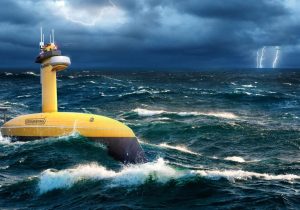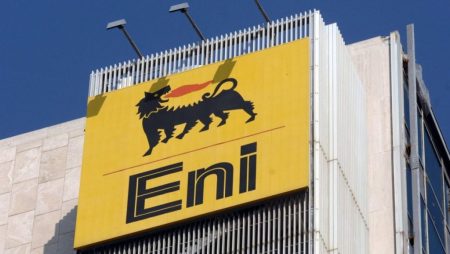
Mkpoikana Udoma
Port Harcourt — Reactions have begun to trail the deployment of Uncrewed Surface Vessel, USV, for underwater pipeline survey in the Niger Delta by Shell Petroleum Development Company of Nigeria Limited, SPDC.
To this end, stakeholders have called for cautious optimism in the incursion of artificial intelligence and technologies that cut jobs in the Nigerian oil and gas sector, as well as the claims that the USV reduced emissions by 97percent.
Recall that Shell recently announced that It has introduced surface water drone for pipeline survey in its shallow water operations, the first in Nigerian oilfields.
The USV, a water surface drone with no human crew can be used for underwater pipelines examination, integrity assessment, amongst others.
Shell’s Media Relations Manager, Mrs. Abimbola Essien-Nelson, in a statement had explained that the USV saves time and cost and reduces exposure to personnel and the environment.
“Deploying the USV reduced CO2 emissions by 97 per cent because the vehicle is designed as diesel electric. The efficiency of data acquisition coupled with improved data quality whilst reducing personnel exposure to zero is transforming how we execute surveys,” SPDC said.
Reacting, the Executive Director of Health of Mother Earth Foundation, Dr Nnimmo Bassey, who welcomed the application of drone technology for pipeline monitoring underwater noted that the claim of 97 percent reduction in carbon dioxide emissions was bogus and needs to be validated.
“The drones can be good for monitoring pipelines for defects, leakages, corrosion or illegal activities. To say that they lead to 97 percent carbon dioxide emission reduction is a vacuous claim that can only made by carbon speculators seeking profit rather than halting pollution.
“The drones whether subsea or above water cannot in any way eliminate human agency in halting harmful activities,” Bassey noted.
Meanwhile, an oil services expert, Mr Henry Itrechio, noted that the introduction of technologies that cut off jobs should be used with caution due to the adverse social impact of job losses on the economy.
Itrechio further said the disadvantages of using USVs for pipeline surveys in the oil industry include limitations in communication, navigation, payload capacity, range, and speed when compared to undersea vehicles.
“Incursions of Artificial Intelligence ought to be handled with cautious optimism as machines cannot replace humans, like in the case in point the USV is better because of the danger of having humans in undersea vessels is very high.
“The USV is not without its own drawbacks and its pilot deployment for pipeline surveillance in shallow waters should be further studied to ascertain the suitability for deep-sea operations,” he said.



